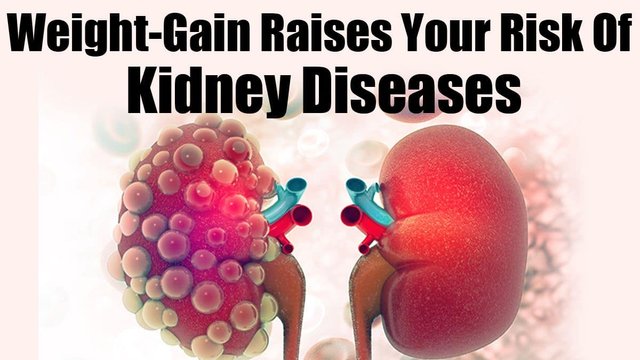Ramadan and Kidney Health: The Connection You Need to Know
Ramadan and Kidney Health: The Connection You Need to Know

Ramadan is a month-long religious observance practiced by Muslims around the world, during which time they abstain from food and drink from sunrise to sunset. While the primary purpose of fasting during Ramadan is spiritual, it can also have several health benefits, including improved kidney function.
The kidneys are vital organs responsible for filtering waste products from the blood and regulating fluid balance in the body. They also play a role in regulating blood pressure and producing certain hormones. As such, maintaining good kidney health is essential for overall health and well-being.
During Ramadan, Muslims typically consume their daily meals in two sittings: one before sunrise and one after sunset. This pattern of eating has been shown to have several health benefits, including improved kidney function.
One study conducted in Saudi Arabia found that fasting during Ramadan led to a significant decrease in creatinine levels, a waste product that can build up in the blood when the kidneys are not functioning properly. This decrease in creatinine levels indicates improved kidney function.
Additionally, another study conducted in Iran found that fasting during Ramadan led to a decrease in urinary protein excretion, a marker of kidney damage. This suggests that fasting during Ramadan may have a protective effect on the kidneys and help prevent kidney disease.
Moreover, fasting during Ramadan can also lead to weight loss, which has been shown to improve kidney function in obese individuals. Obesity is a risk factor for kidney disease, and losing weight can help reduce the risk of developing kidney problems.
It's important to note that fasting during Ramadan may not be suitable for everyone, especially those with pre-existing health conditions such as diabetes or kidney disease. Therefore, it's important to consult with a healthcare provider before starting any new dietary or fasting regimen.
In conclusion,
Ramadan fasting can have several health benefits, including improved kidney function. By abstaining from food and drink during the day, Muslims can help protect their kidneys and reduce the risk of developing kidney disease. However, it's important to consult with a healthcare provider before starting any new dietary or fasting regimen to ensure it is safe and appropriate for your individual needs.